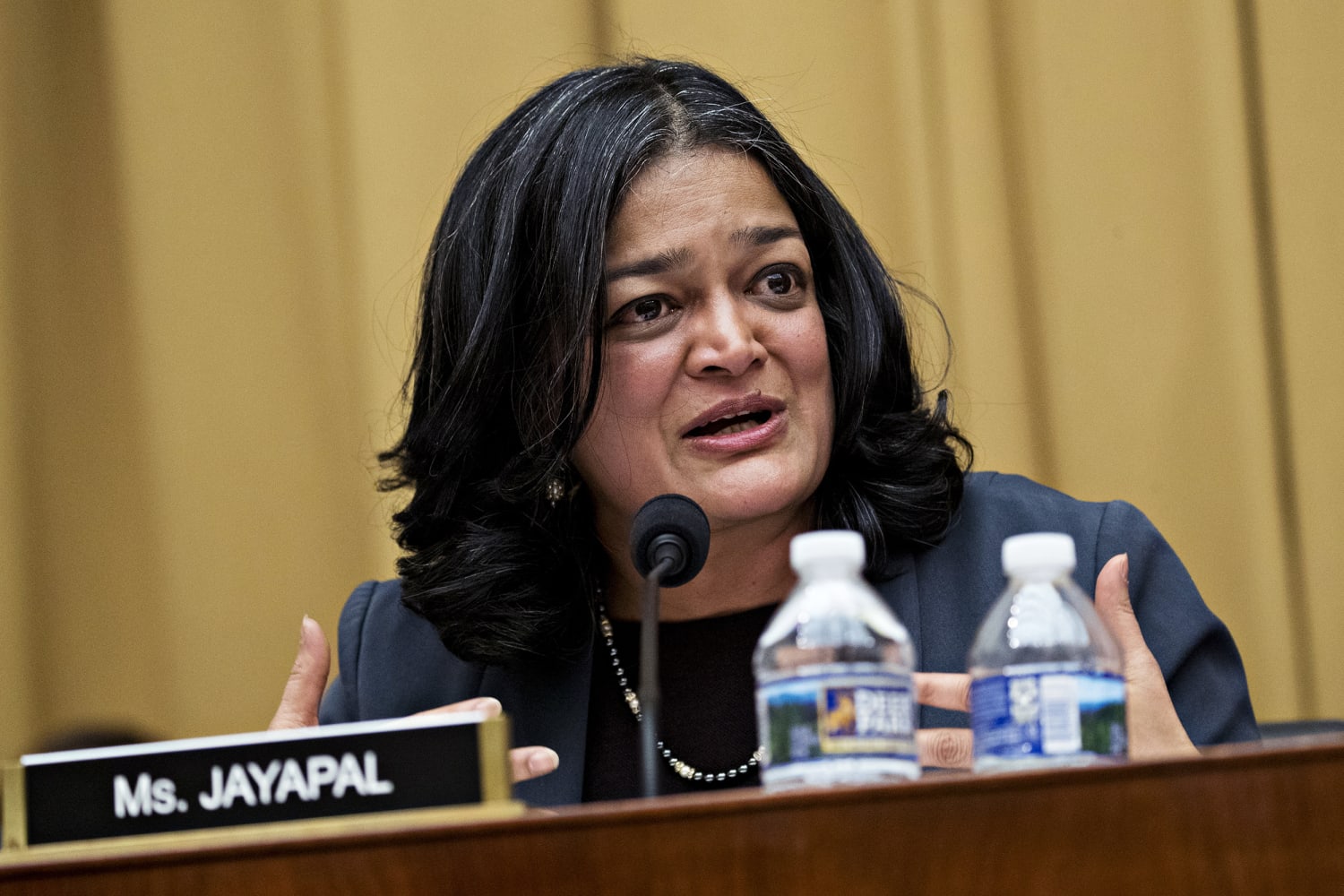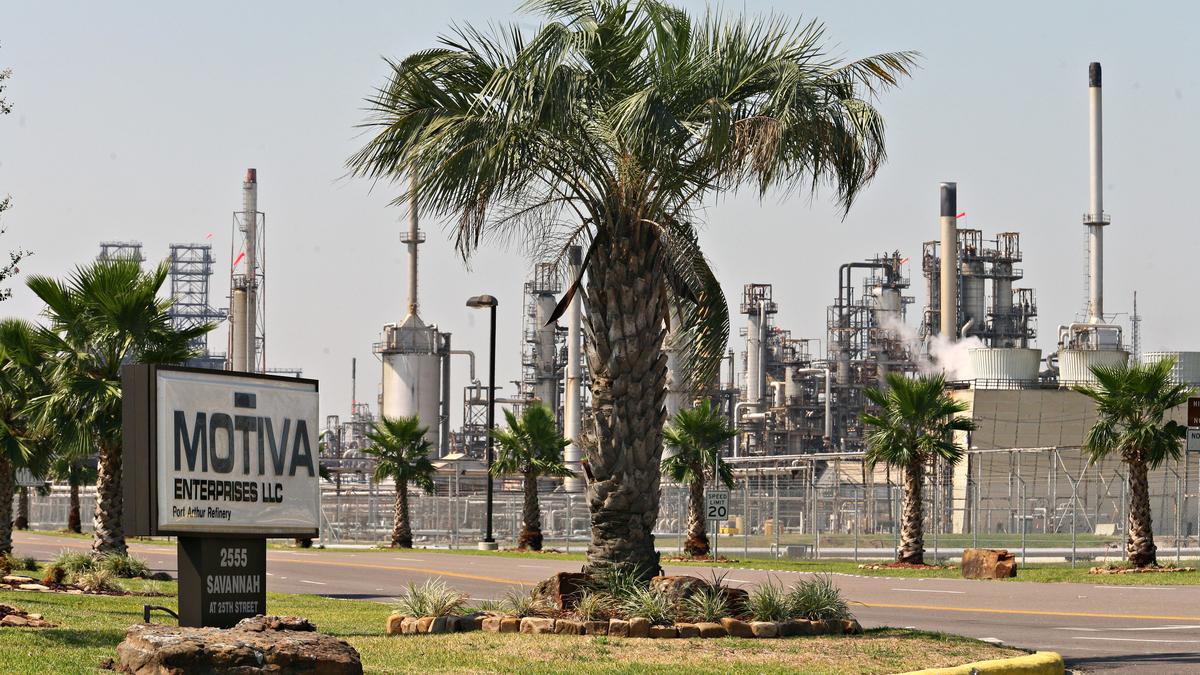
New data from the Bureau of Labor Statistics on job-hopping and on wage increases continue to illustrate a remarkable rise in worker assertiveness. The pandemic has finally allowed those who have been suffering for years from wage stagnation to turn the tables on employers. What business groups describe as a labor market crisis is in fact the beginning of liberation for the low-wage workforce.
These workers are reacting not only to inadequate compensation and oppressive schedules. They are also fed up with the additional indignity of being cheated out of the pay they are supposed to receive. The Great Resignation can also be seen in part as a response to the epidemic of wage theft that has afflicted the U.S. labor market.
This was brought home to me again in the course of updating the data in Violation Tracker. There continues to be a steady stream of announcements of cases involving the failure to provide proper overtime pay, the failure to provide required paid breaks and the numerous other ways employers take money out of the pockets of workers.
The cases we document come from either private litigation or regulatory actions. The larger settlements involve collective action lawsuits brought by plaintiff law firms on behalf of groups of workers. Here are some examples that were finalized in just the past few months:
- Chipotle agreed to pay $15 million to resolve allegations that it denied overtime pay to management trainees.
- Humana paid more than $11 million to settle allegations that it denied overtime to nurses by improperly classifying them as exempt employees.
- T-Mobile agreed to pay $2 million to resolve a lawsuit alleging that it forced customer service representatives to do off-the-clock work.
- The discount grocery chain Aldi paid $2 million to thousands of California employees who said they were cheated out of overtime pay.
Wage theft is, of course, also investigated by the Wage and Hour Division of the U.S. Labor Department. Many of the cases handled by WHD involve small firms, but it also takes on bigger employers and sometimes collects substantial amounts of back pay and penalties. Among the recent examples of these larger actions are the following:
In October, a federal court in Pittsburgh entered a consent judgment in which an oilfield services company admitted liability for more than $40 million in back wages and damages after a WHD investigation found Fair Labor Standards Act violations affecting 700 workers. The company, Holland Services, has filed for bankruptcy.
In November, a federal court in San Francisco ordered telemarketing firm Wellfleet Communications to pay more than $1.4 million in back wages and liquidated damages to more than 1,300 call center workers found by a WHD investigation to have been improperly classified as independent contractors.
There has also been an increasing focus on wage theft by state and local prosecutors. For example, the New York Attorney General, in partnership with the New York City Department of Consumer and Worker Protection, recently announced an agreement with two major home care health agencies to deliver up to $18.8 million in unpaid wages to approximately 12,000 workers who had been denied fair pay for years.
The San Francisco City Attorney announced a $5 million settlement with DoorDash to resolve allegations that it misclassified its delivery drivers as independent contractors to avoid providing required sick leave and that it improperly used tip income to cover their base pay.
Some businesses are paying a price in fines and settlements while others are now having to offer higher wages. One way or another, they are being called to account for years of labor exploitation.
Note: all these cases will be included in the Violation Tracker updated that will be posted later this month.


/cloudfront-us-east-2.images.arcpublishing.com/reuters/ACF5MTUS35JEVGWGBQ2BN4RKGQ.jpg)





You must be logged in to post a comment.